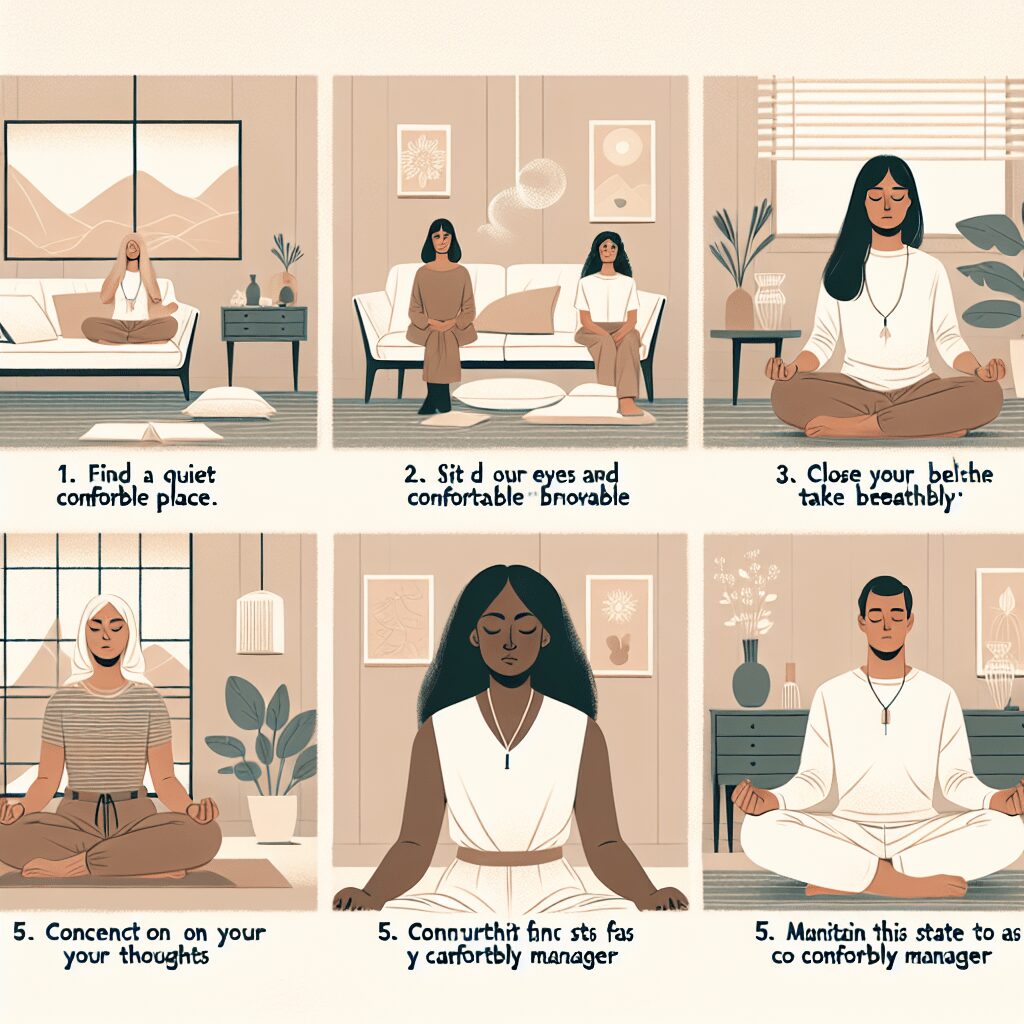
Prioritize your mental well-being daily. Enhance your life by nurturing your mental health with the Smart Meditation app. Break free from stress, alleviate anxiety, and enhance your sleep quality starting today.
Does Exercise Lower Anxiety?
Unraveling the Mystery: Does Exercise Combat Anxiety?
In an era where stress has become as common as morning coffee, finding effective ways to combat anxiety is more crucial than ever. Enter the world of exercise, a realm where endorphins meet adrenaline, potentially turning the tide in the battle against anxiety. But how does this work, and can moving your body really help quiet your mind? Let’s dive deep into the heart of the matter.
The Science Behind Sweat and Serenity
At first glance, the idea that physical exertion can lead to mental calm might seem paradoxical. Yet, numerous studies have thrown their weight behind this very notion. When you exercise, your body releases a cocktail of feel-good chemicals, including endorphins, dopamine, and serotonin. Think of these as nature’s own brand of anti-anxiety medication—minus the prescription.
-
Endorphins: Your Natural High—Dubbed the body’s “feel-good” chemicals, endorphins play a crucial role in reducing pain and boosting pleasure, leading to a feeling of well-being.
-
Dopamine and Serotonin: The Duo of Delight—Both these neurotransmitters are vital in regulating mood. Low levels have been linked to anxiety and depression, while exercise helps to kick their production into high gear.
But it’s not just about chemicals. Exercise also enacts a diversion strategy, pulling your brain away from the whirlwind of worries and redirecting it to the task at hand—whether that’s nailing a perfect squat or beating your personal best on the track.
Furthermore, regular physical activity strengthens the heart, lowers blood pressure, and improves overall physical health, which, in turn, can diminish anxiety. After all, it’s hard to feel at ease if your body is constantly sounding alarm bells.
A Prescription for Movement: Finding the Right Dose
So, you’re sold on the idea and ready to lace up your sneakers. But just how much huffing and puffing is required to keep the anxiety beast at bay?
-
Consistency is Key: The great news is, you don’t have to train like an Olympian to reap the mental health benefits. A brisk 30-minute walk, five times a week, is a solid foundation.
-
Mix It Up: Variety isn’t just the spice of life; it’s also a boon for your brain. Mixing aerobic exercises (like running or cycling) with strength training can keep things interesting and tackle anxiety from different angles.
-
Listen to Your Body: If the thought of hitting the gym fills you with dread, remember, the best exercise is the one you enjoy and can stick with. From dance classes to hiking, options abound.
Beyond the Gym: A Holistic Approach
While exercise is a potent tool in managing anxiety, it’s most effective when part of a broader strategy. Proper nutrition, adequate sleep, mindfulness exercises, and, when necessary, professional therapy, can work hand in hand with physical activity to keep anxiety in check.
For those who are already in the throes of an anxiety disorder, it’s advisable to consult with a healthcare professional before embarking on an exercise regimen. Tailoring a plan that aligns with both your physical and mental health needs is key.
The Bottom Line
In answering the question “Does exercise lower anxiety?”, the weight of evidence tips a resounding yes. By engaging in regular physical activity, you not only buff up your body but also cleanse your mental palette, proving once again that movement is a formidable force against anxiety.
Remember, the journey to a less anxious existence doesn’t happen overnight. But with perseverance, a pair of sneakers, and perhaps a good playlist, you’re well on your way to a calmer, more centered you. So, why wait? Let’s get moving!





